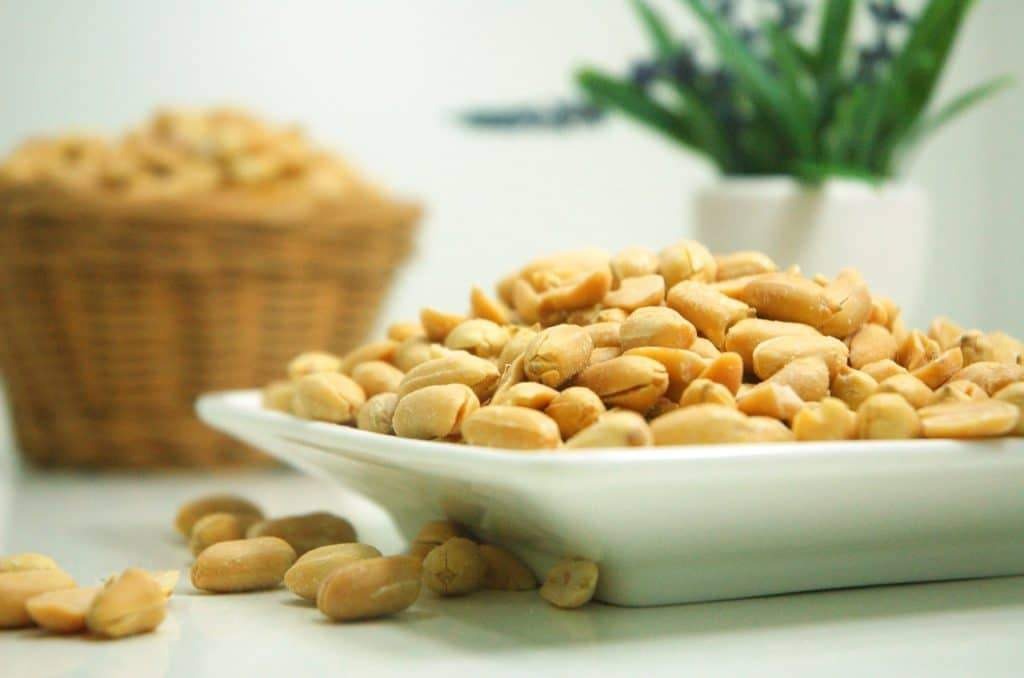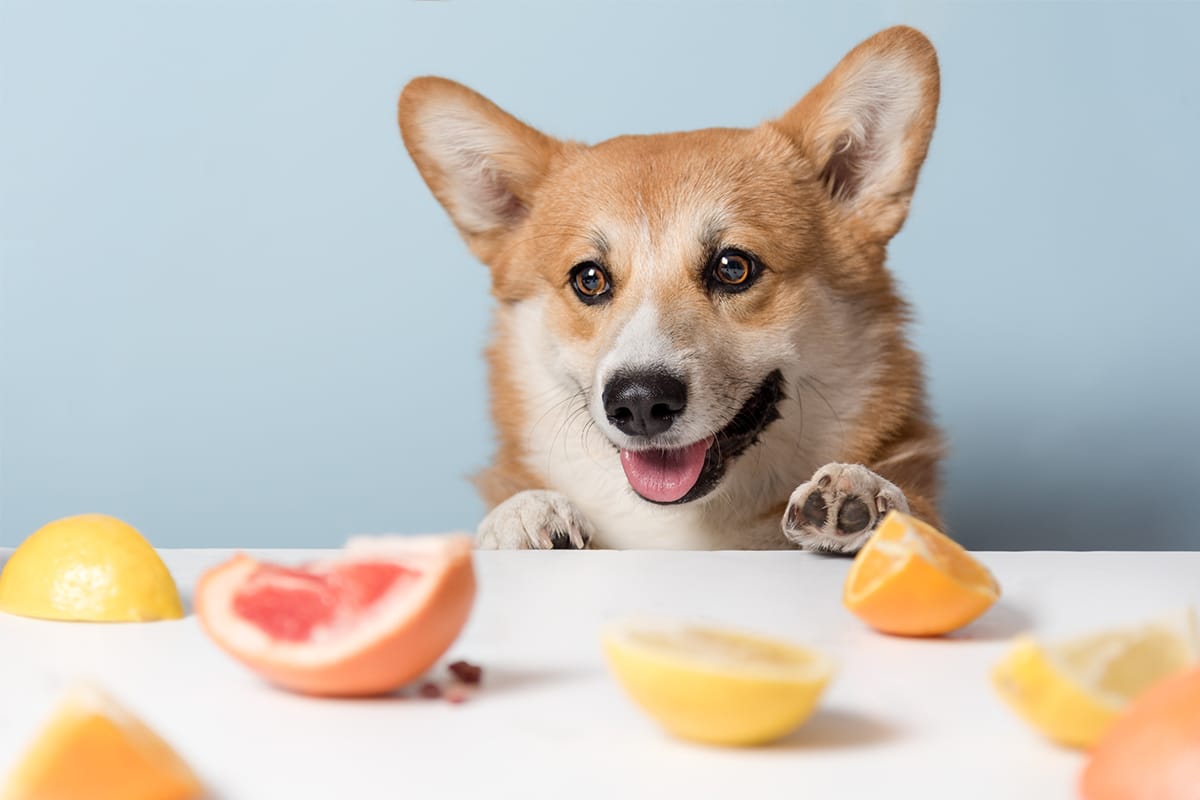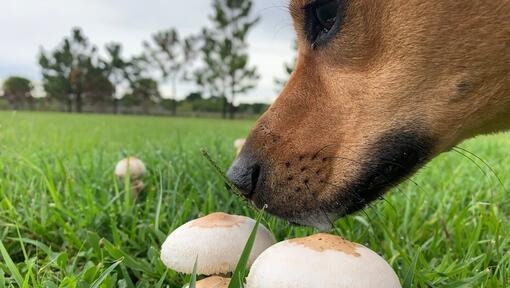Can Dogs Eat Peanuts?
Dive into the world of dogs and peanuts to explore whether this popular snack is safe for our furry friends.
Introduction
As a dog owner, you might be curious about what human foods are safe for your furry companion. One question that often comes up is, “Can dogs eat peanuts?” In this comprehensive guide, we’ll address this concern, offering insights and expert advice to help you make informed decisions about feeding peanuts to your canine friend.
Understanding Dogs and Peanuts
Before delving into the details, let’s explore the basics of dogs and peanuts.
The Canine Diet
Dogs are omnivores, which means they can eat a variety of foods, including meat and some plant-based items. However, their nutritional needs differ from humans, and certain foods that are safe for us can be harmful to them.
Peanuts: A Nutritional Profile
Peanuts are packed with nutrients, including protein, healthy fats, and vitamins. However, they can also be high in salt and calories, which makes moderation essential for dogs.
Are Peanuts Safe for Dogs?
Let’s address the big question: are peanuts safe for your furry friend?
Dogs and Allergies
Just like humans, dogs can have allergies, and peanuts are a common allergen. If your dog hasn’t had peanuts before, it’s crucial to introduce them gradually to watch for any adverse reactions.
The Dangers of Salted Peanuts
Salted peanuts, commonly found in snacks, are not a suitable choice for dogs. Excessive salt can lead to sodium ion poisoning, which can be life-threatening.
Choking Hazard
Peanuts can be a choking hazard, especially for small dogs. To minimize this risk, it’s advisable to provide peanuts in small, bite-sized pieces.
The Benefits of Peanuts for Dogs
Despite the potential risks, peanuts offer some nutritional benefits for dogs.
Protein and Healthy Fats
Peanuts are a good source of protein and healthy fats, which can be beneficial for your dog’s overall health, but only when given in moderation.
Dental Health
Chewing on peanuts can help improve your dog’s dental health by reducing plaque and tartar buildup.
How to Safely Feed Peanuts to Your Dog
If you decide to feed your dog peanuts, here are some guidelines to follow.
Unsalted and Unflavored
Always opt for unsalted and unflavored peanuts. This minimizes the risk of sodium and harmful additives.
Moderation Is Key
Peanuts should be an occasional treat, not a regular part of your dog’s diet. Overconsumption can lead to obesity.
Observe for Allergic Reactions
The first time you introduce peanuts to your dog, watch for any signs of allergies, such as itching, rashes, or gastrointestinal issues.

FAQs About Dogs and Peanuts
Let’s address some common questions about dogs and peanuts.
Can Dogs Eat Peanut Butter?
Yes, dogs can eat peanut butter, but it should be unsalted and free of xylitol, a sugar substitute that is toxic to dogs.
Are All Nuts Unsafe for Dogs?
While some nuts are safe for dogs in moderation, others, like macadamia nuts, are toxic and should be avoided.
Can Puppies Eat Peanuts?
It’s generally best to avoid feeding peanuts to puppies. Their delicate digestive systems might not handle them well.
Can Dogs Eat Peanuts in Shells?
Peanut shells are not suitable for dogs. They can be difficult to digest and might cause digestive issues.
How Many Peanuts Can I Give My Dog?
The quantity of peanuts depends on your dog’s size and individual tolerances. Consult your veterinarian for specific guidelines.
Can Dogs Eat Peanuts with Other Foods?
Peanuts can be a tasty addition to your dog’s diet when combined with other safe foods, but be mindful of portion sizes.
Conclusion
In conclusion, dogs can eat peanuts, but it’s crucial to do so in moderation and with caution. Always prioritize your dog’s health and well-being when introducing new foods. If you’re ever in doubt or concerned about your dog’s dietary choices, consult your veterinarian for guidance.
Remember that every dog is unique, and what works for one may not work for another. By following the guidelines mentioned in this article, you can ensure that your furry friend enjoys the occasional peanut treat without compromising their health.









